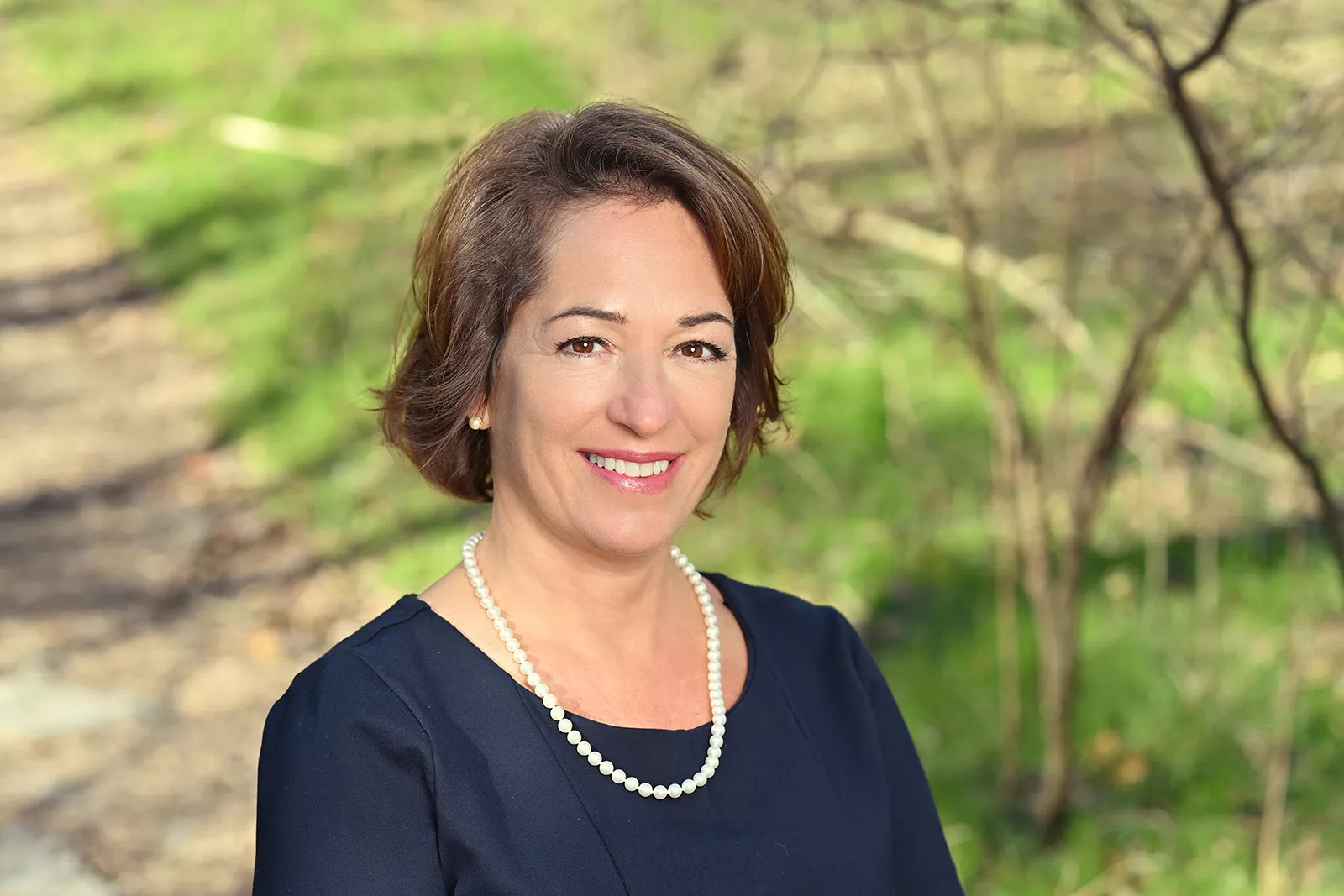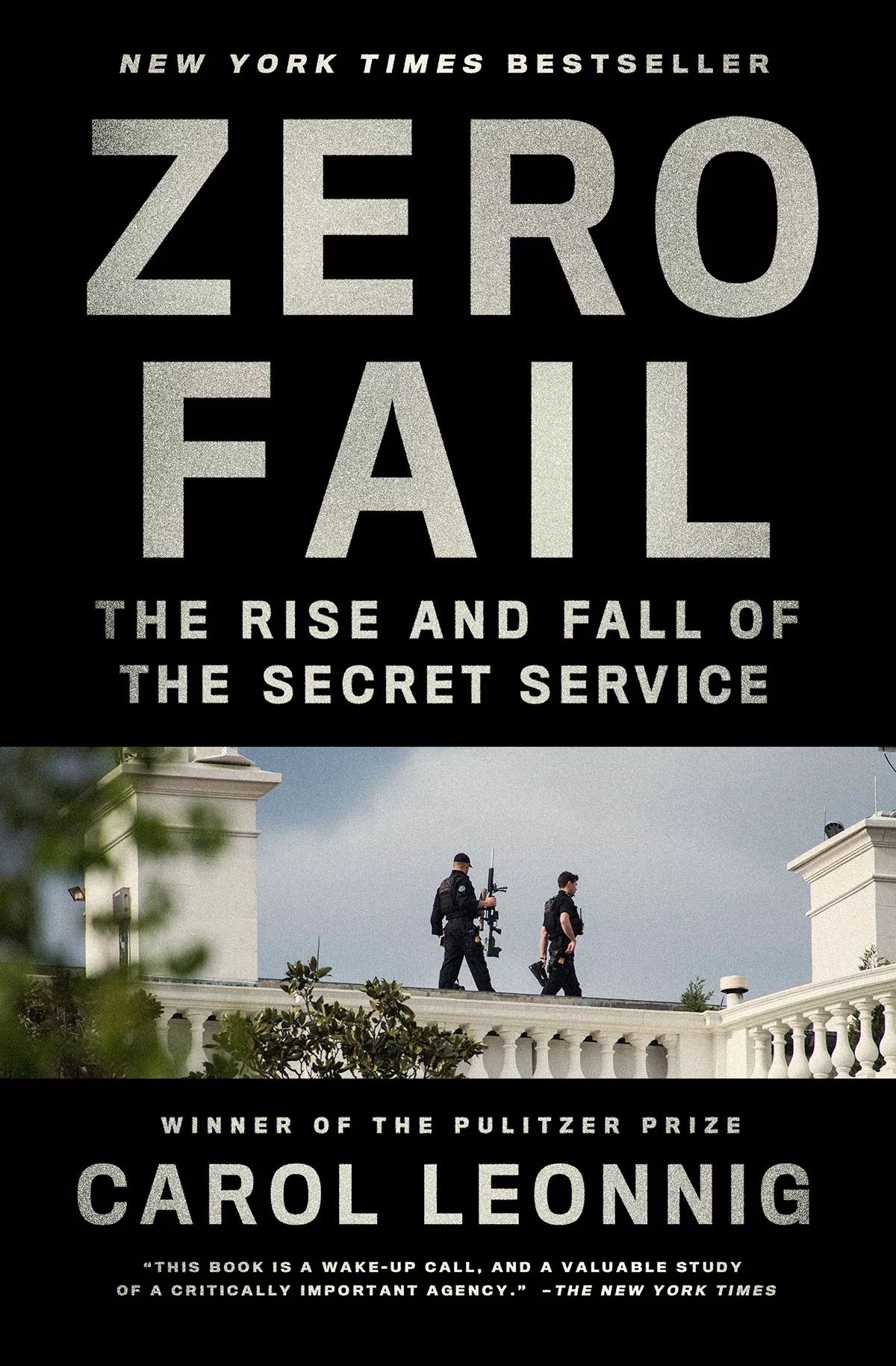Uncovering the Secrets of the Secret Service
An interview with Pulitzer Prize-winning journalist Carol Leonnig ’87
A pair of assassination attempts against Donald Trump this summer brought a wave of scrutiny to the procedures and training of the Secret Service, but not for the first time. We reached out to Carol Leonnig ’87 in September for her expertise on the subject. Leonnig has reported on the Secret Service for years, winning a Pulitzer Prize for her coverage of the agency for the Washington Post. She is also the author of Zero Fail: The Rise and Fall of the Secret Service.
How did you first start writing about the Secret Service?
Like many things in journalism, some of the best stories happen by accident. A colleague of mine broke this amazing story that a group of Secret Service agents who were on duty to protect President Obama in Cartagena, Colombia, had been flown home unceremoniously because they were under investigation for being drunk on the job and hiring prostitutes. He asked if I’d help him with what we thought was going to be a weekend story about how this happened. It ended up producing a stream of interviews and conversations with Secret Service members and their families about something much deeper.
And what was that?
The Secret Service was stretched too thin, that practices of securing the president were failing, and that they, to a person almost, believed that the president would be killed on their watch.
WHAT ELSE DID YOU LEARN?
First, how much this group of patriots sacrifices and works like the devil to accomplish its mission, almost against the odds, because they really are stretched too thin. Their mission is now so much larger than it was when the agency was originally founded. They protect 40-plus people in addition to the president. The other part of it is that it's an agency that prides itself so much on “Yes, sir, we'll get the job done, sir,” that it sometimes conceals and covers up its weaknesses.
WHAT DID YOU THINK WHEN YOU FOUND OUT ABOUT THE TRUMP RALLY SHOOTING?
What I learned, to my horror, on Saturday, July 13, was that a lot of the problems I identified in 2014 and 2015 have never been fully fixed. My investigative series of stories led to a House Congressional investigation and to President Obama appointing a blue-ribbon panel. Both engaged in extensive investigations and made expansive recommendations for fixes and reforms, many of which were never implemented. President Trump, President Biden, and the Congresses that they served alongside never focused their lens on this agency that was drowning.
DO YOU EXPECT TO SEE ANY CHANGES IN HOW THE SECRET SERVICE OPERATES?
It's hard to speculate, because I expected radical changes in the wake of a man being able to get inside the White House minutes after President Obama was airlifted out. But I think there is a chance in the wake of the worst security failure in 40 years for a revival of political leaders arguing that the agency’s mission should be tightened and curtailed, or its resources greatly expanded, and that it’s possible the agency will be asked to focus solely on protection rather than financial criminal investigations.
HOW DID YOUR TIME AT BRYN MAWR IMPACT YOUR LIFE AND CAREER?
I’m so grateful for my time at Bryn Mawr, where students were expected to ask critical questions and wrestle with systemic problems in our public policy and major institutions. I also was lucky to be able to work for and eventually become the editor of the Bi-College newspaper. That really created the foundation for me to go into journalism. It was incredibly valuable practice for what would become my beloved career.
Published on: 10/24/2024


